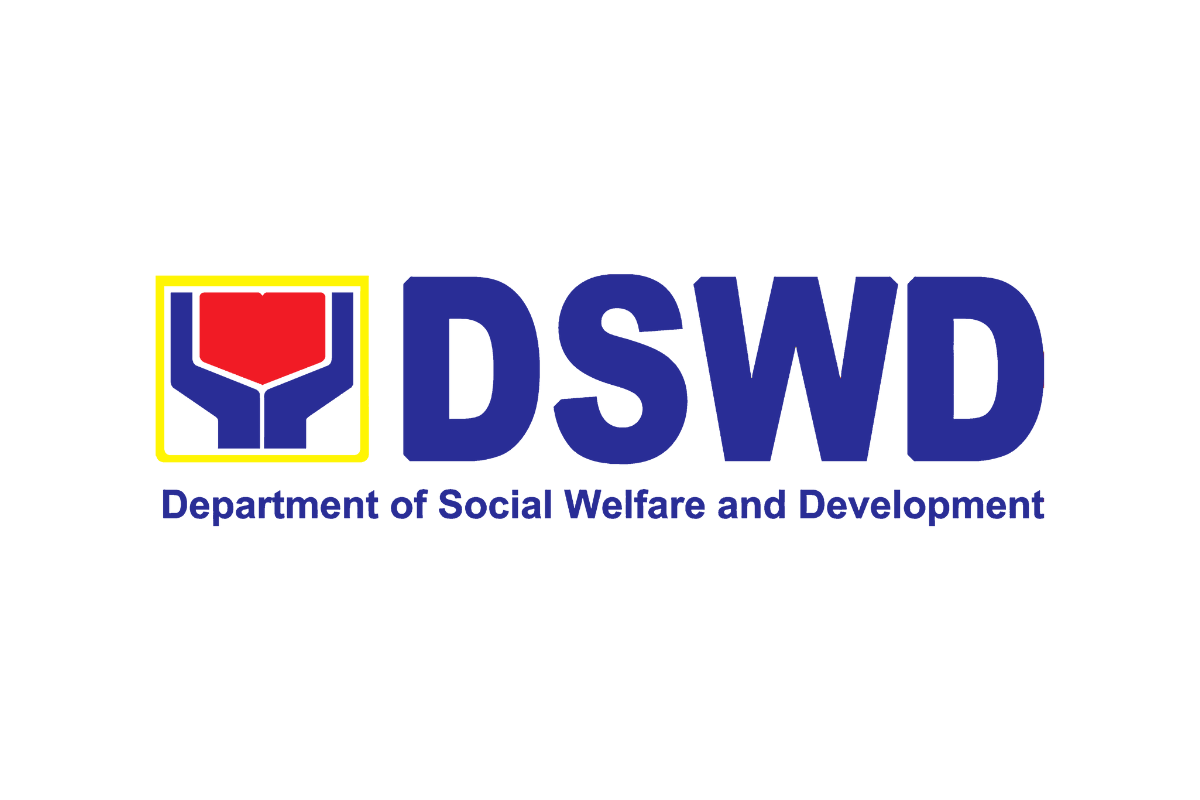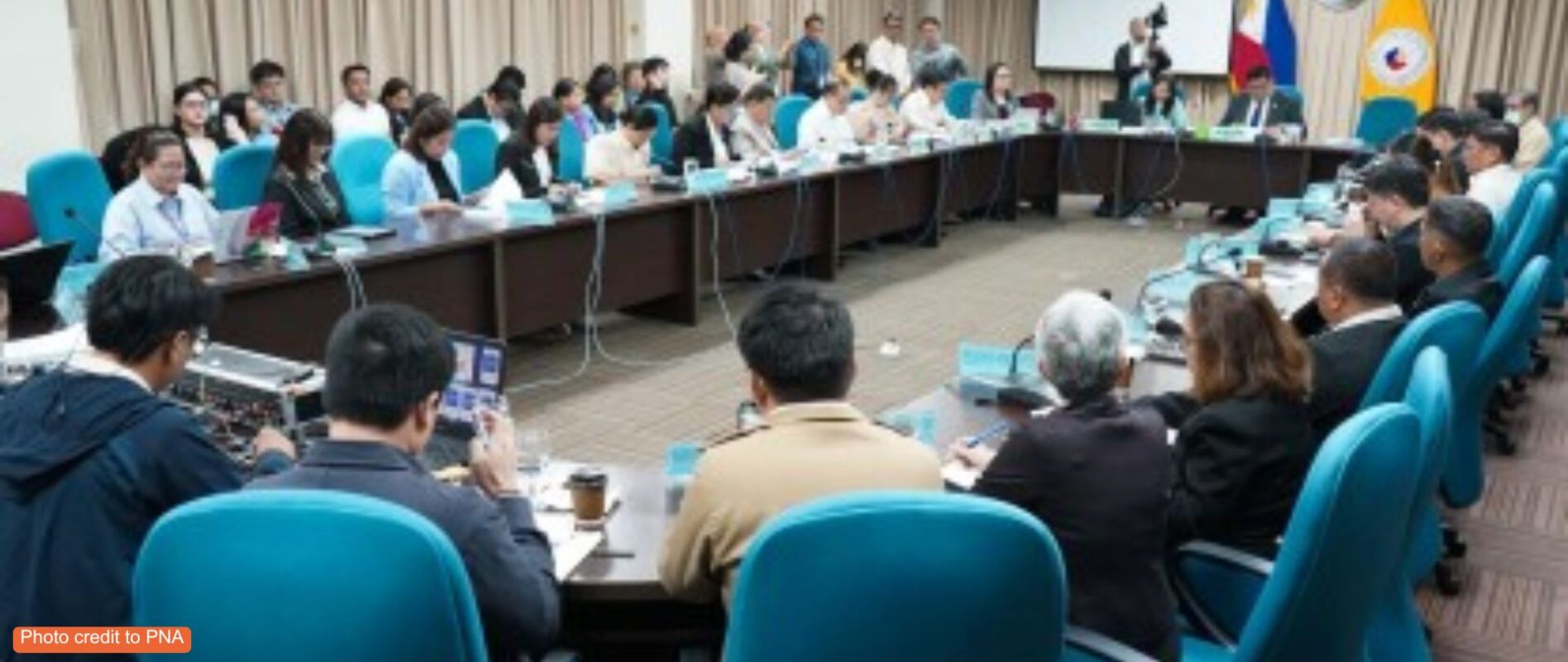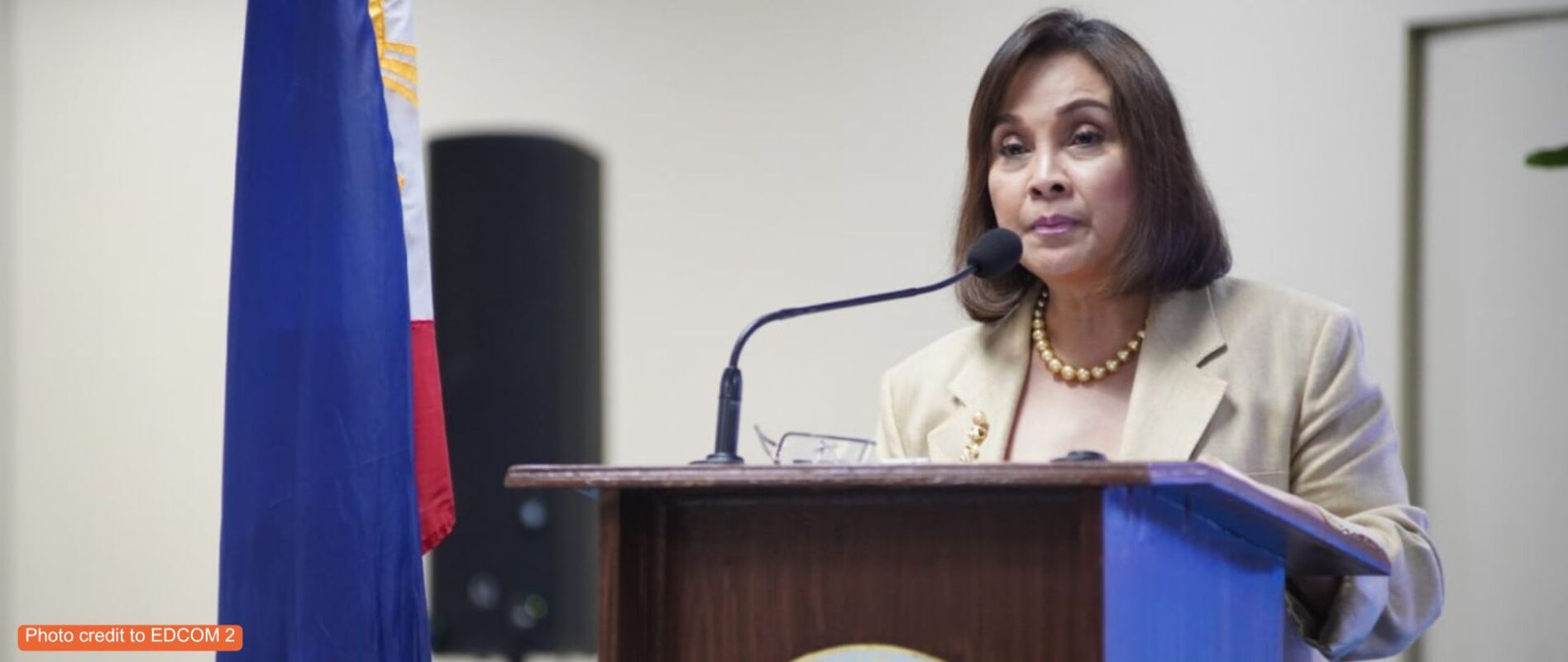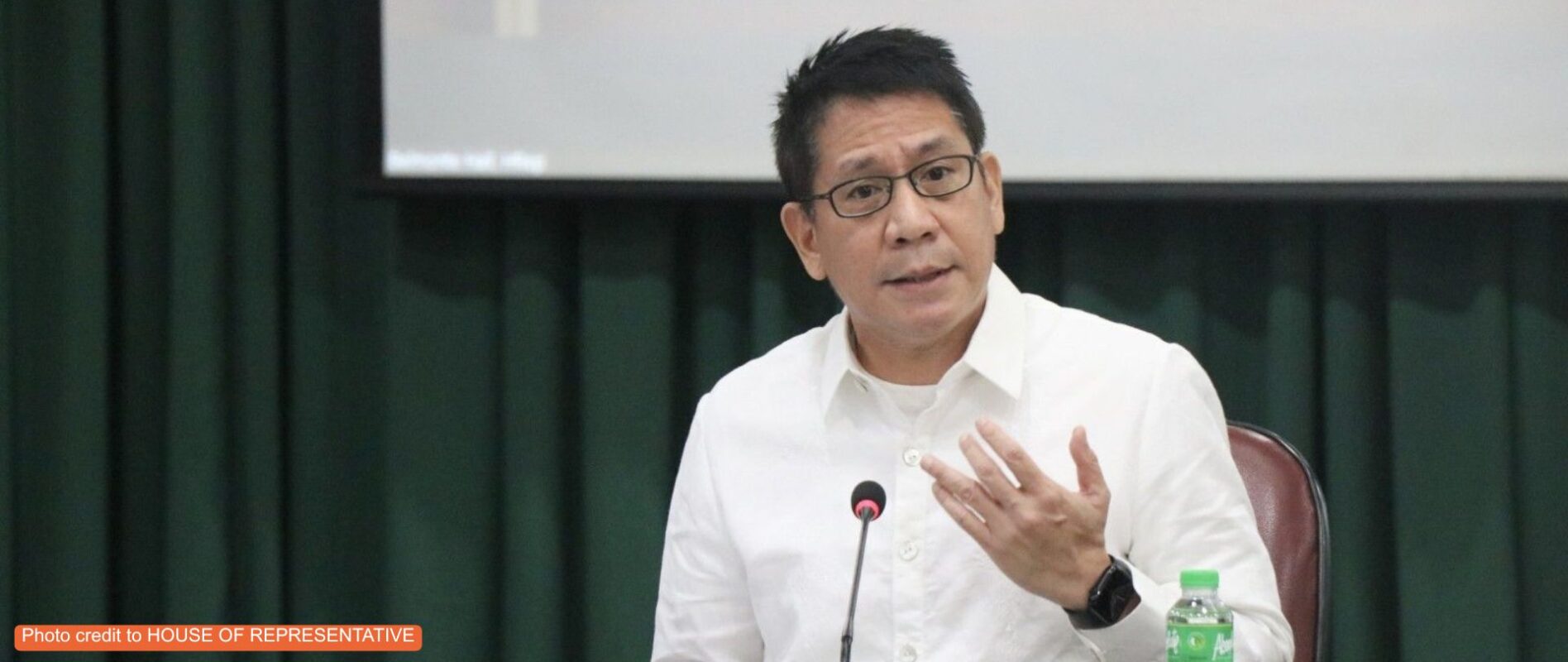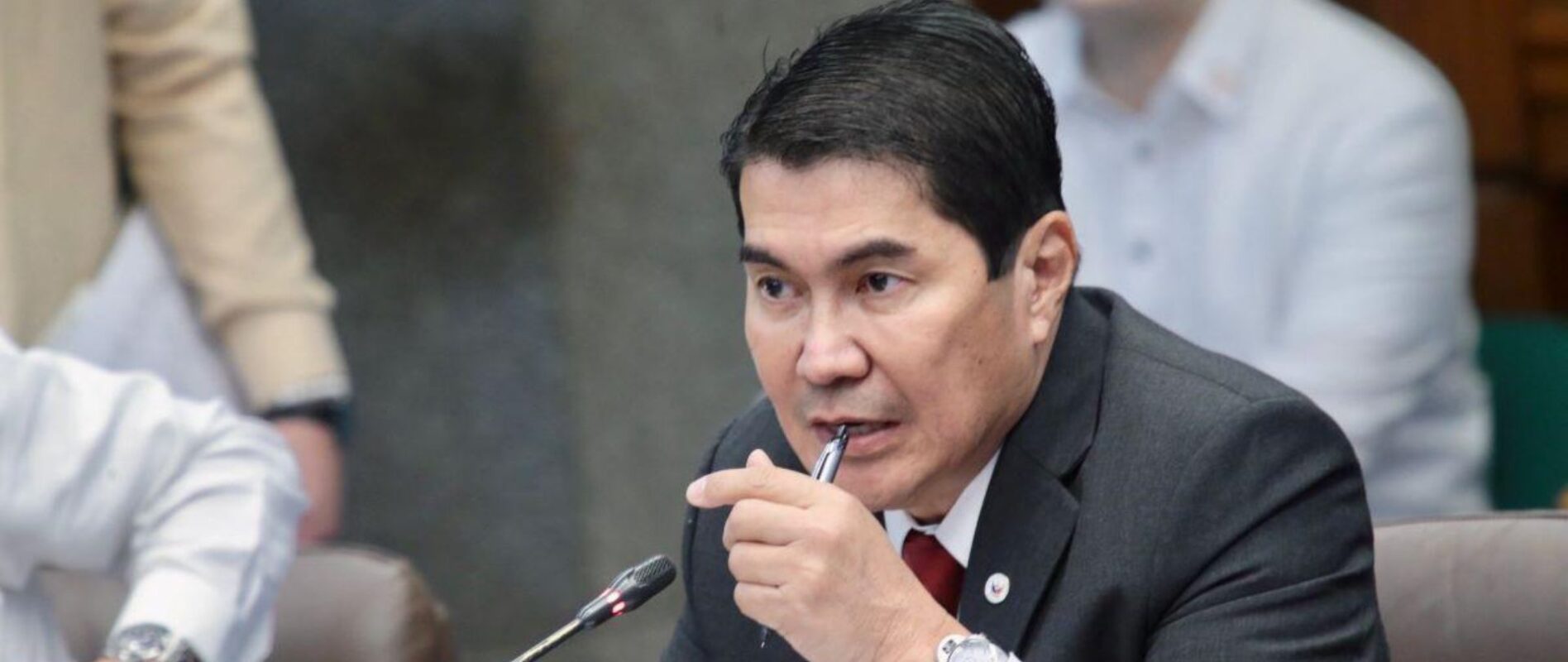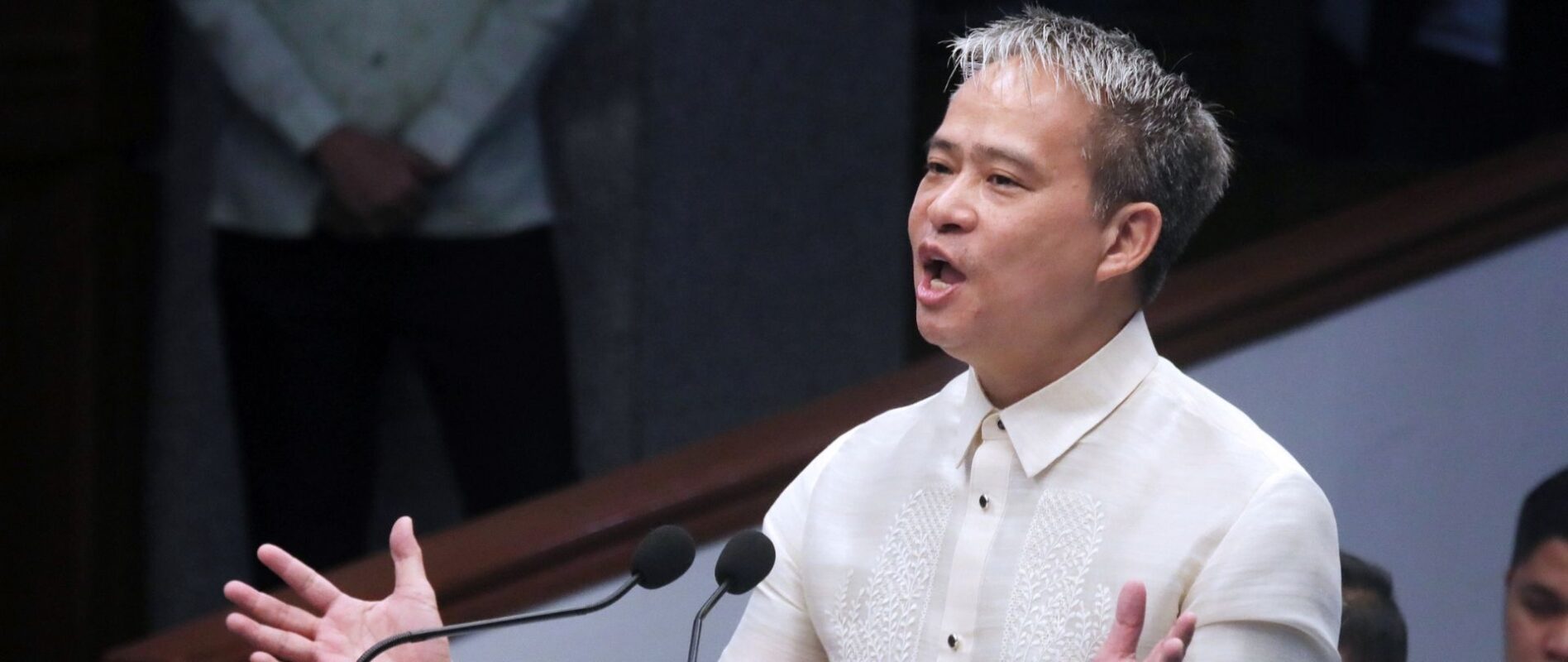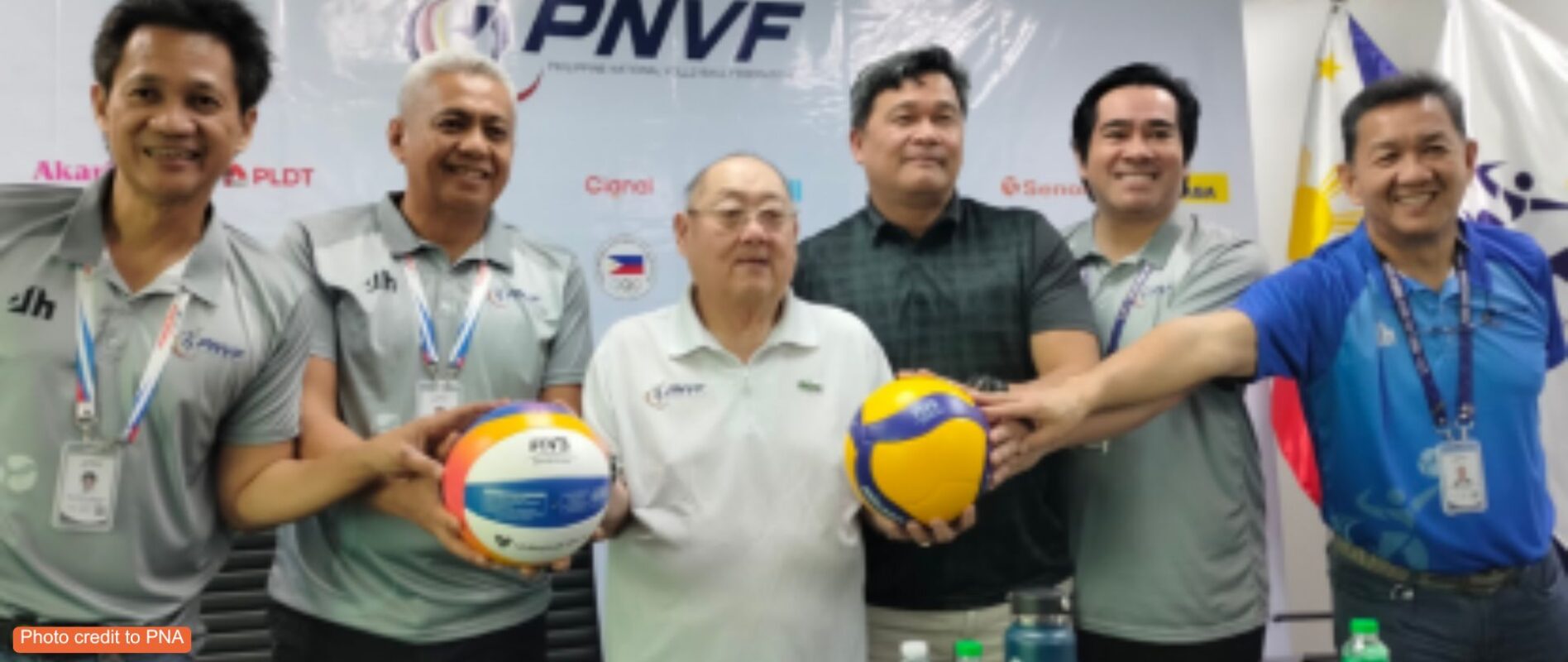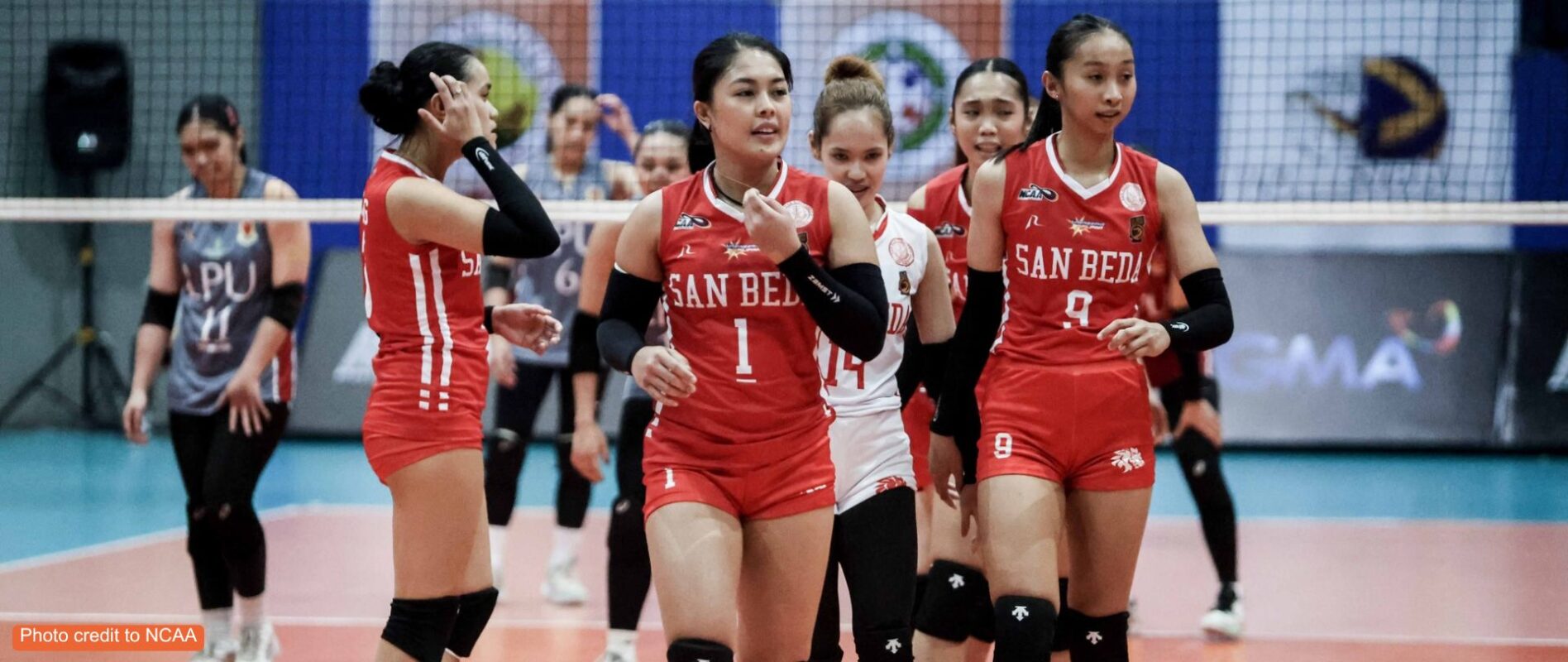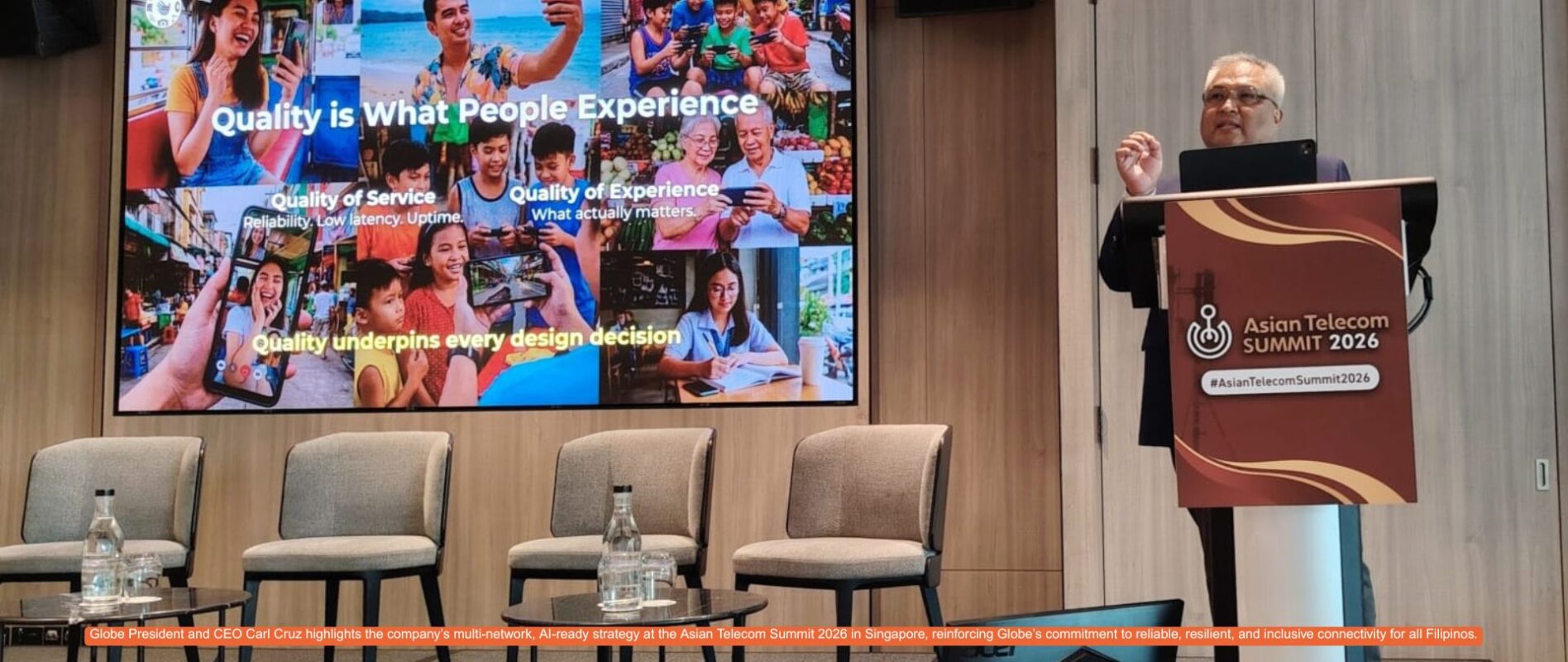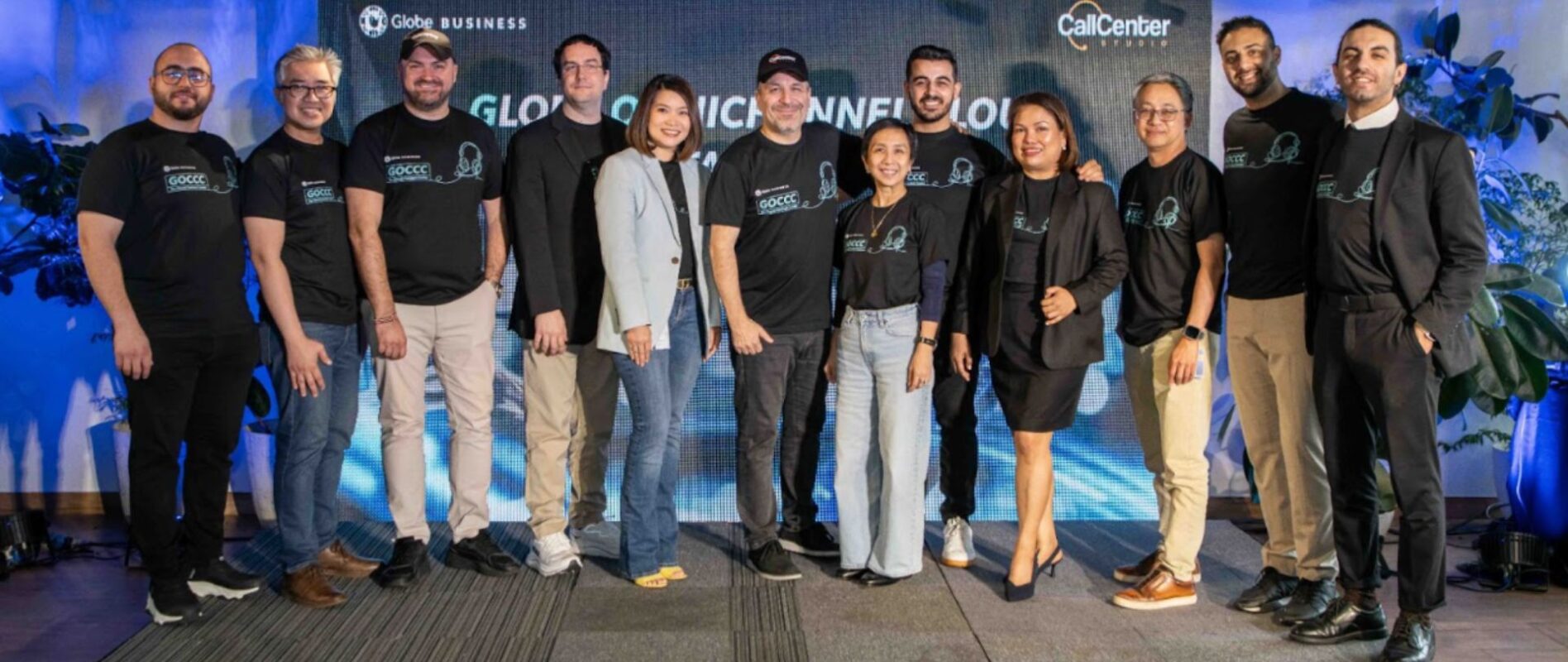DSWD ACADEMY CONDUCTS TRAINING OF HOUSE PARENTS
THE DEPARTMENT of Social Welfare and Development Academy has conducted a week-long training of house parents of residential children care facilities at the University of the Philippines Hotel in Diliman, Quezon City.
Around 38 house parents from different settings and residential care facilities managed and run by the DSWD, local government units, and non-government organizations, participated in the training that started on May 19 and concluded on May 25.
The training highlighted the latest trends and practices in child care, particularly for children in need of special protection.
DSWD Undersecretary for Standards and Capacity Building Group Denise Bernos-Bragas stressed that the capacity building for house parents is designed to enhance their knowledge, skills, and attitudes enabling them to provide effective and compassionate care for children.
“This training was conceptualized to improve and standardize the competencies of the house parents as the primary caregivers of the disadvantaged and vulnerable children in the residential care facilities whose roles are crucial to their lives, thus, needed to be capacitated to provide rights-based and child-focused parenting service,” Bragas said.
In her closing message, DSWD Assistant Secretary for SCBG Janet Armas underscored houseparents’ pivotal role in preparing CNSPs for reintegration into their families, placement in foster and adoptive families, and independent living.
“Nagpapasalamat kami sa mga house parents. ‘Yong mga practices and strategies, puwede ituro. Pero ‘yong pagmamahal na binibigay ninyo sa mga anak natin sa residential care facilities, hindi ito naituturo. Sa inyo galing iyan. Kaya mahalaga ang inyong papel,” Armas said.
The training is aligned with the United Nations Guidelines for the Alternative Care of Children, underscoring the DSWD Academy’s dedication to international standards in child care.
The DSWD Academy is one of the priority programs of DSWD Secretary Rex Gatchalian that offers learning opportunities for the development of the competencies of its partner stakeholders that are needed in the delivery of social welfare and development, as well as social protection programs and services.

